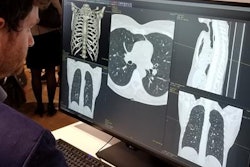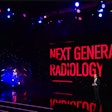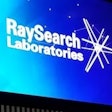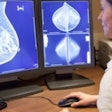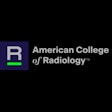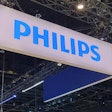GE Healthcare said new research published online on 11 October in the European Heart Journal found coronary CT angiography (CCTA) can be an effective, noninvasive diagnostic alternative to coronary angiography for guiding treatment decisions in patients with complex coronary artery disease (CAD).
Conducted by contract research organization Cardialysis on behalf of the European Cardiovascular Research Institute, the international, multicenter SYNTAX III Revolution trial enrolled 223 subjects with left main or three-vessel disease that was diagnosed on conventional angiography. Each patient subsequently received a multislice CT scan on GE's Revolution CT scanner.
Two heart teams -- each including an interventional cardiologist, cardiac surgeon, and radiologist -- then made treatment recommendations after reviewing the data for each subject, GE said. One team made treatment recommendations based only on the CCTA exams, while the other provided their recommendations only from the angiography procedures. The researchers, led by principal investigator Dr. Patrick Serruys of Imperial College London, found the recommendations from the two teams were in nearly perfect agreement (Cohen's kappa of 0.82).
"The implications of these trial results for the future are tremendous," Serruys said in a statement from GE. "In the next five to 10 years, with its increasing accuracy, I think we are going to see the new generation of multislice CT scans play an increasingly important role in diagnosing and treating CAD. It will take time and it will take multiple trials, but the results of our SYNTAX III trial suggest a promising, real change in our practice."
GE said Cardialysis will now perform a new study, CABG Revolution, to test the safety of coronary artery bypass grafting (CABG) surgery for left main or three-vessel disease, performed using only the anatomy and function described by the multislice CT scan.





